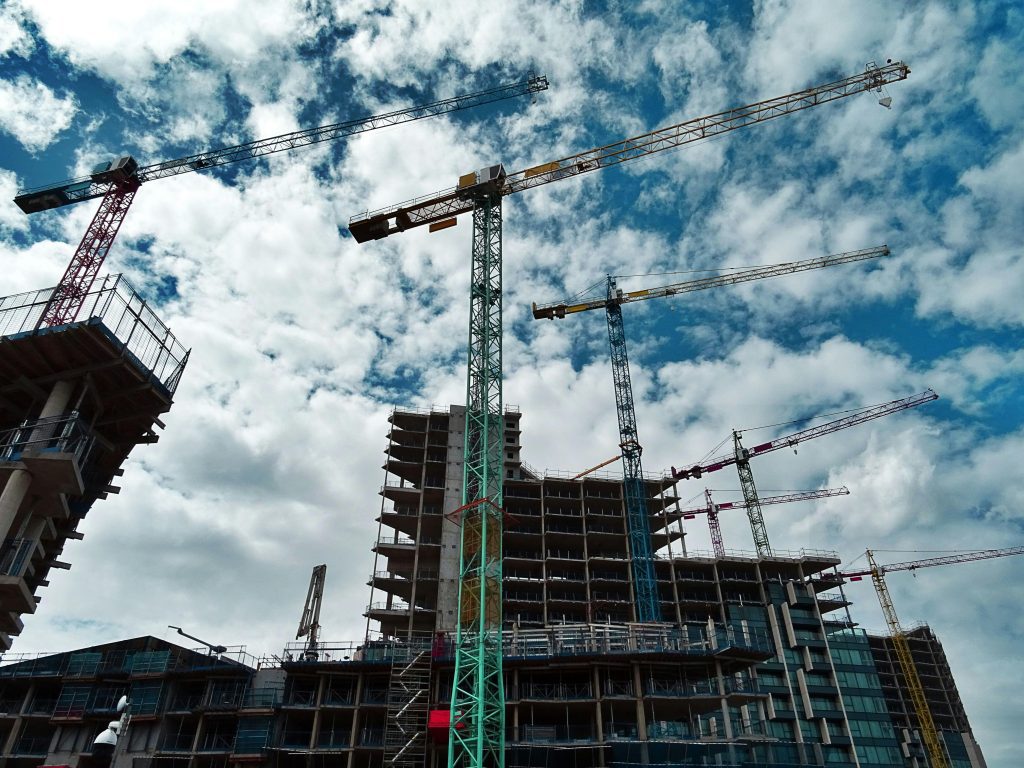Overview
Buying a house is a major milestone in anyone’s life. It’s a dream come true for most people, but it can also be a daunting and overwhelming experience. Along with finding the perfect property and negotiating the price, one of the key aspects of purchasing a house is obtaining a mortgage.
A mortgage is a loan provided by a lender to help finance the purchase of a property. It is essentially a long-term commitment, usually ranging from 15-30 years, and involves a significant amount of money. Therefore, it is crucial to understand all the terms and conditions of a mortgage before signing on the dotted line. To ensure that you make an informed decision, here are ten questions you should ask your mortgage lender before signing.
1. What is the interest rate and the annual percentage rate (APR)?
The interest rate is the amount charged by the lender for borrowing the money, and the APR includes both the interest rate and any additional fees associated with the mortgage. It is essential to know the interest rate and the APR to understand the true cost of the loan. Make sure to compare rates from different lenders to secure the most favorable deal.
2. Is the interest rate fixed or adjustable?
An adjustable-rate mortgage (ARM) has an interest rate that fluctuates over time, while a fixed-rate mortgage has a rate that remains the same throughout the loan’s lifespan. It is crucial to know which type you are getting into, as it can affect your monthly mortgage payments.
3. What are the closing costs?
Closing costs are fees associated with finalizing a mortgage, such as appraisal fees, title search fees, and loan origination fees. These can add up to thousands of dollars, so it’s essential to know what they are upfront to avoid any surprises.
4. How much down payment is required?
The down payment is the initial amount paid towards the purchase price of the house. The standard amount is 20% of the house’s price, but some lenders may ask for a higher or lower down payment. Knowing the required down payment will help you plan your finances accordingly.
5. Are there any penalties for paying off the mortgage early?
If you foresee any significant changes in your financial situation, you may want to pay off your mortgage sooner rather than later to save on interest payments. However, some lenders may impose a prepayment penalty for paying off the mortgage before the agreed-upon time. Make sure to ask about this and factor it into your decision-making process.
6. What is the loan term?
The loan term is the length of time given to repay the mortgage. A shorter term means higher monthly payments, but you end up paying less in interest over time. On the other hand, a longer-term results in lower monthly payments, but you end up paying more in interest. Consider your financial situation and future plans to determine which loan term is right for you.
7. What is the estimated monthly payment?
The monthly payment is a significant factor to consider before signing a mortgage. Along with the principal amount borrowed, the payment includes interest, property taxes, and homeowner’s insurance. It’s vital to know this amount to determine if it’s affordable and within your budget.
8. Are there any other costs or fees I should be aware of?
Aside from the closing costs, there may be other fees or costs associated with the mortgage, such as private mortgage insurance (PMI) or homeowners association fees. It’s essential to know about these additional expenses to avoid any surprises down the line.
9. Can I lock in the interest rate?
Interest rates can fluctuate daily, so it’s wise to ask your lender if you can lock in a rate. This means that the lender guarantees you a specific interest rate for a certain period, usually 30-60 days, to give you time to complete the mortgage process. This can help protect you from potential rate increases.
10. What happens if I default on the mortgage?
Nobody plans to default on their mortgage, but sometimes things may happen in life that makes keeping up with payments challenging. It’s crucial to know the lender’s policy on late payments and defaulting on the mortgage to avoid any surprises or potential consequences.
Conclusion
Buying a house is a significant financial decision, and securing the right mortgage is critical to make it smoother. It’s essential to ask these ten questions to your mortgage lender to have a better understanding of the loan’s terms and conditions. Don’t be afraid to ask for clarification or negotiate terms that may not work for you. Remember, it’s your hard-earned money, and you have the right to make an informed decision. Happy house hunting!

